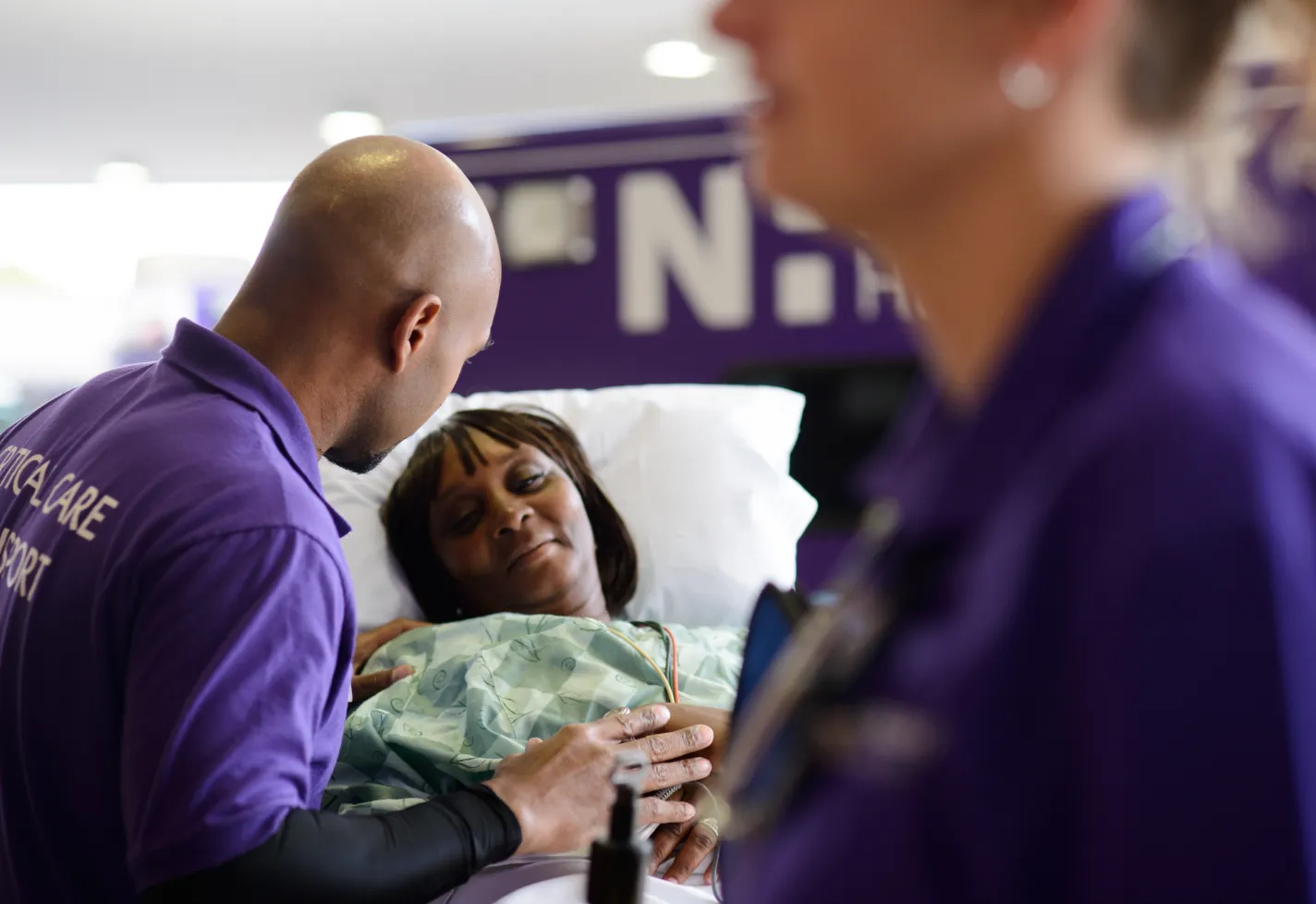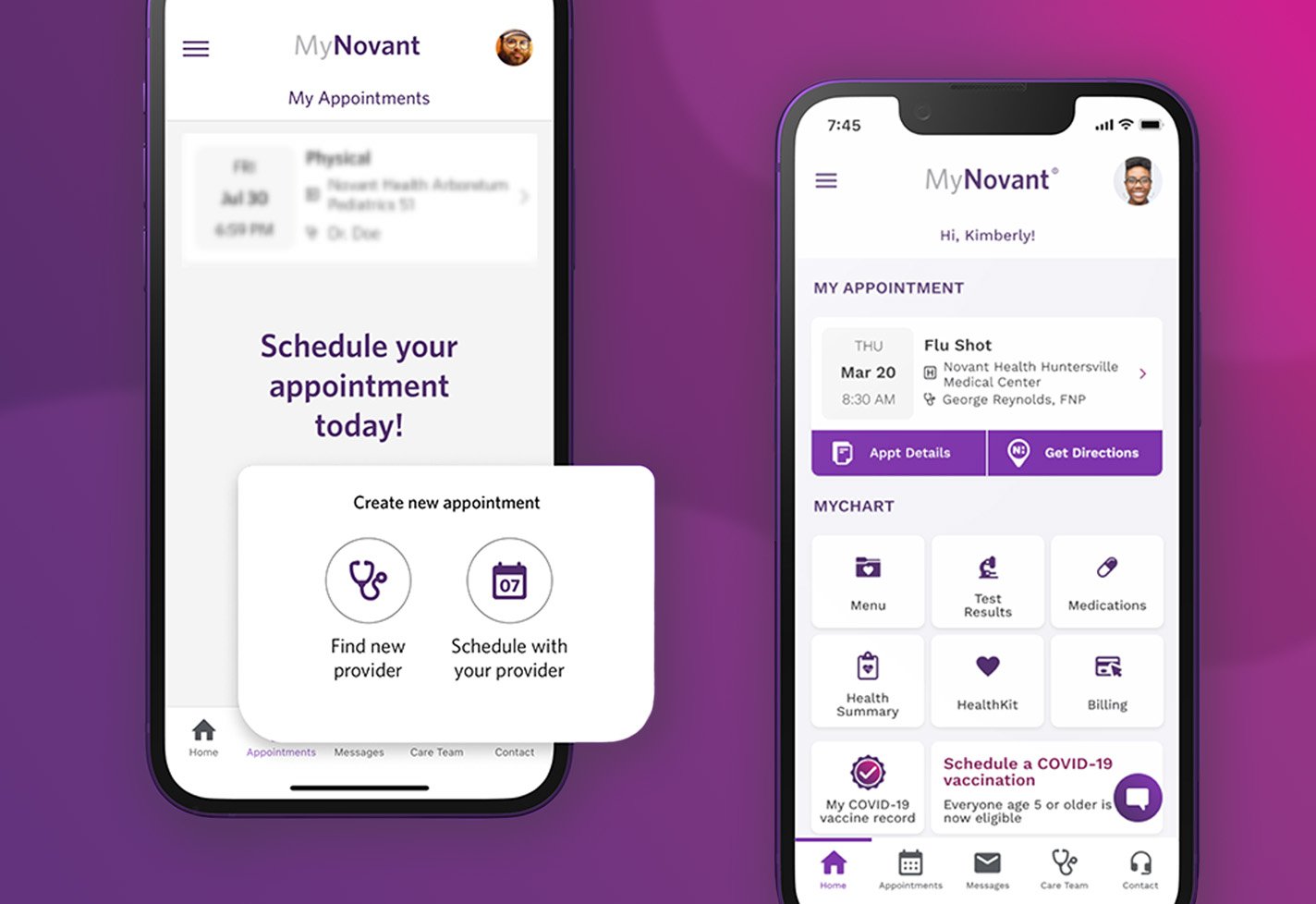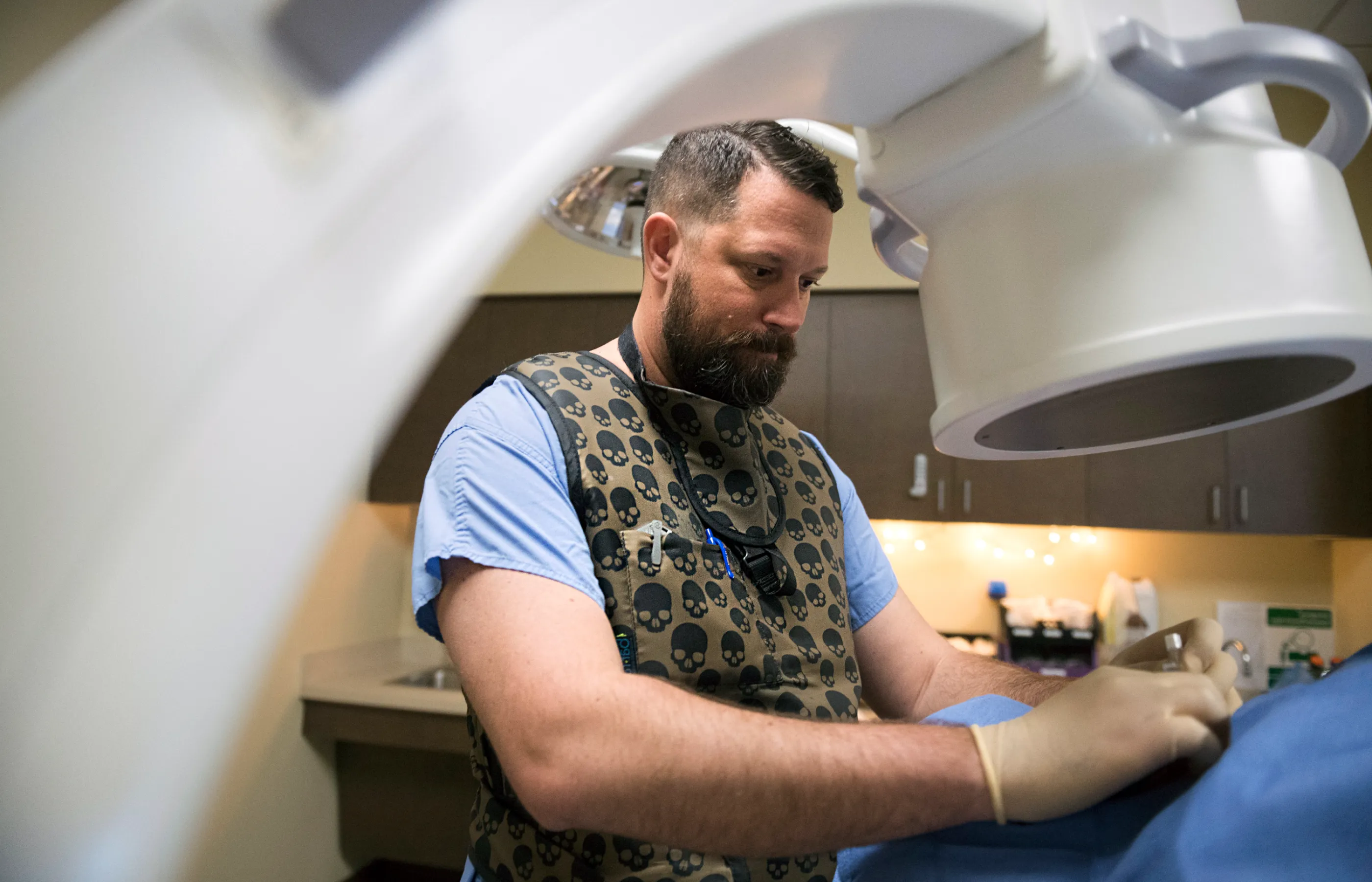
What is a concussion?
A concussion is a traumatic brain injury (TBI) that occurs from a direct blow to your head or impact to the body that causes your head and brain to be jarred violently. Although concussions often get grouped with mild TBIs in the spectrum of traumatic brain injuries, they should be monitored carefully and treated immediately if symptoms escalate.
The CDC and traumatic brain injury
The Centers for Disease Control and Prevention (CDC) reported more than 64,000 TBI-related deaths in 2020. A traumatic brain injury can lead to short- or long-term issues and affect all aspects of your life — from work to relationships to overall health and well-being. Understanding the warning signs and risk factors of head injuries is essential.
Getting an evaluation
If you think you've suffered a brain injury, your physician will conduct neurological exams to diagnose your condition. They'll test your concentration and memory as well as your ability to learn and solve problems. Brain imaging, such as a CT scan, may be performed if your caregiver suspects bleeding on the brain after a head injury.
If your motor skills are impaired due to a traumatic brain injury, your physician may recommend spasticity management, which involves physical therapy to regain flexibility and range of motion.

Know the concussion symptoms
A concussion is one of the most common injuries athletes suffer. But anyone can get a concussion. Symptoms of a concussion can surface immediately or days or weeks later. If you've had a head injury, including a significant bump to your head that does not cause external bleeding, watch for the following:
- Balance problems
- Confusion
- Convulsions or seizures
- Dizziness
- Excessive fatigue
- Headaches
- Impaired vision
- Loss of consciousness
- Memory loss
- Nausea
- Vomiting
Recognize the concussion warning signs
If you see someone receive a blow to the head, observe them carefully to determine if they:
- Can't recall events immediately before or after the injury
- Appear dazed or stunned
- Can't understand or follow directions or instructions
- Move clumsily
- Answer questions slower than normal
- Slur their speech
- Have sudden behavior or mood changes
- Lose consciousness, even briefly
Think you have a concussion?
Urgent or emergency care may be necessary if you suspect you or someone else has a concussion. If symptoms appear mild, you should visit an urgent care center. But if the symptoms are more severe — such as loss of consciousness, convulsions, seizures, vomiting or amnesia — get an emergency care facility immediately or call 911.
Neurosciences at Novant Health
Novant Health provides all the levels of care for brain injury, including urgent care, emergency care and neurology specialists. We also offer on-demand virtual visits where you can speak to a specialist for guidance on what steps to take next.
Urgent Care
If you think the patient needs immediate care for a non-life-threatening brain injury, you can visit the closest Novant Health urgent care center. When you arrive, a physician will examine you immediately, provide any needed care and refer you for follow-up care with a neurologist if needed.
Emergency Room
If the patient is bleeding uncontrollably from the head or showing signs of severe brain injury, call 911 immediately.
Primary Care provider
If the patient is showing mild signs of traumatic brain injury and you know or suspect they have recently had a hit to their head, you can consult your primary care provider. They can conduct an initial evaluation and provide a referral to a neurologist if needed.
Neurology specialists
Although orthopedic care teams deal with many sports-related injuries, a neurology care team generally addresses injuries to the head and brain.
- Neurologist: Diagnoses and treats brain conditions, diseases and injuries
- Neuropsychologist: Evaluates how a brain injury may impair your physical or mental abilities
- Neurosurgeon: Experienced in neurology and trained to perform surgical procedures

Sports-related concussions
Contact sports have the highest rates of concussions in athletes. Baseline testing is recommended for athletes to evaluate potential concussive injuries. This pre-season exam tests an athlete's balance and brain function and looks for concussion symptoms. Athletes will get tested if they suffer an injury during the season with potential concussive effects. Those results will then be compared to the baseline results to determine if they've suffered a concussion.
Concussions and sports medicine
If you suffer a sports-related concussion, our sports medicine team, which includes neurology specialists, will develop personalized care and treatment based on your specific situation. This plan will detail when it's safe to return to athletics and other regular activities.
If you've been diagnosed with a concussion, you'll need to undergo a state-mandated return-to-play concussion protocol. With a referral from your primary care provider, our certified athletic trainers will design a program for you to return to play safely.
Our partnership with sports teams
From school sports to Olympic-level and professional competitions, Novant Health employs a staff of certified and licensed athletic trainers. Besides screening, conditioning and education, these specialists provide game-day medical services, including emergency care, clinical diagnoses and therapeutic intervention.

Urgent and Emergency Care
If you experience mild concussion symptoms, visit an urgent care location as soon as possible. Get to an emergency room or call 911 immediately for moderate to severe symptoms.

MyNovant app
With the MyNovant app, it's never been easier to manage your health. You can schedule appointments, view test results, refill prescriptions and even have virtual visits right from your computer or smartphone. Available on the Apple App Store and Google Play.
